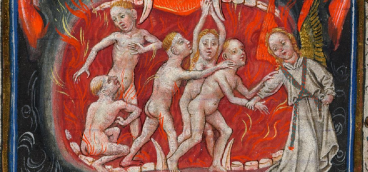Dilworth Explores Coming-of-Age Themes in To Be Marquette

Set mainly in the 1970s, Sharon Dilworth’s recent book, To Be Marquette, sometimes makes small moments feel symbolic by utilizing music from the era — think Bob Dylan and Peter Frampton — to help establish tone. However, it’s a song not included that might best summarize the origins of conflict in this well-paced book: Led Zeppelin’s “Communication Breakdown.” It seems fitting that Dilworth’s main characters are students involved with Dr. Robinson, their engaging Ecology Studies professor, in protesting Project ELF, a Cold War low-frequency communications project slated for the region. That they find themselves holding secrets or unable to convey what they want from others remains suitably ironic.
As a creative writing professor at Carnegie Mellon University for 30 years, Dilworth is well-versed in classroom dynamics, and using her likable narrator and protagonist, Molly Grey, to explore this stranger-in-a-strange-land experience is wise. The freshman who hails from suburban Detroit, or “below the bridge” (the Mackinac Bridge divides Michigan’s lower and upper peninsulas), is awed by the natural beauty of a campus bordering Lake Superior and duly inspired by the burgeoning environmental activism of the time. Molly and her long-haired, flannel-wearing, outdoorsy male classmates, “modern-day castaways” dubbed “the Crusoes,” soon become tangled in the murky world of secrecy and misunderstandings.

Dilworth plays to her strengths by utilizing the “campus novel,” defined by Michael Woodson in The Writer’s Digest as one that “often explore[s] themes surrounding educational and social hierarchies, those between professors and students, or students and students.” The focus of To Be Marquette comes from both Molly’s willingness to follow Dr. Robinson’s passion for saving the planet and her desire for kinship with the Crusoes, a hope “to belong to something.” The shared experience of the classroom, the protest of a project no one quite grasps, the fumbling, unsteady relationships Molly has with both the boys and her difficult dorm-mates make for a fun read. The audience can identify with her youthful desire to make a mark and understand her role in the world.
Perhaps the most important feature of the campus novel is the awakening often experienced by the protagonist, that the world is not as tidy as they imagined and that everything is a web of interconnection. With all of the drama coming to a head, Molly realizes she’s rejecting what she knew before — the suburbs, societal expectations for young women — in favor of a hard-earned realism. Perhaps the school, town and region she inhabits have become the embodiment of a place where change happens or doesn’t. Or maybe it is, as Molly puts it upon reflection: “I think it was then that I began to think of Marquette as a verb — to be Marquette was to be rid of the person I had been and to embrace someone completely different.”









